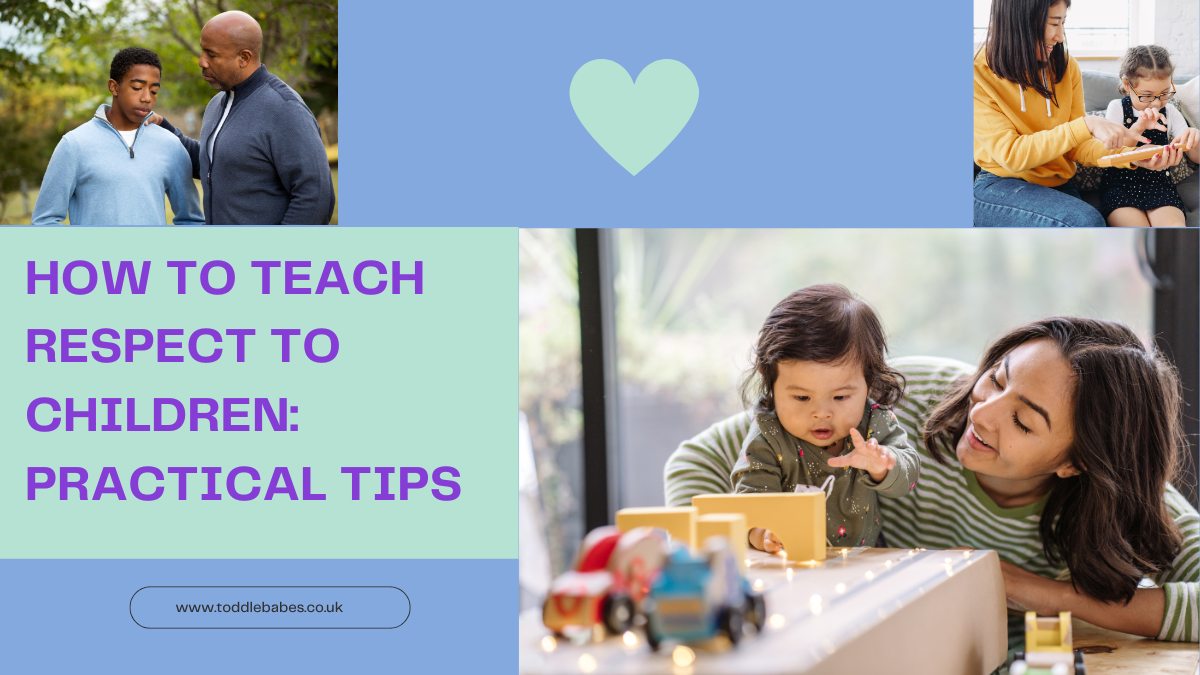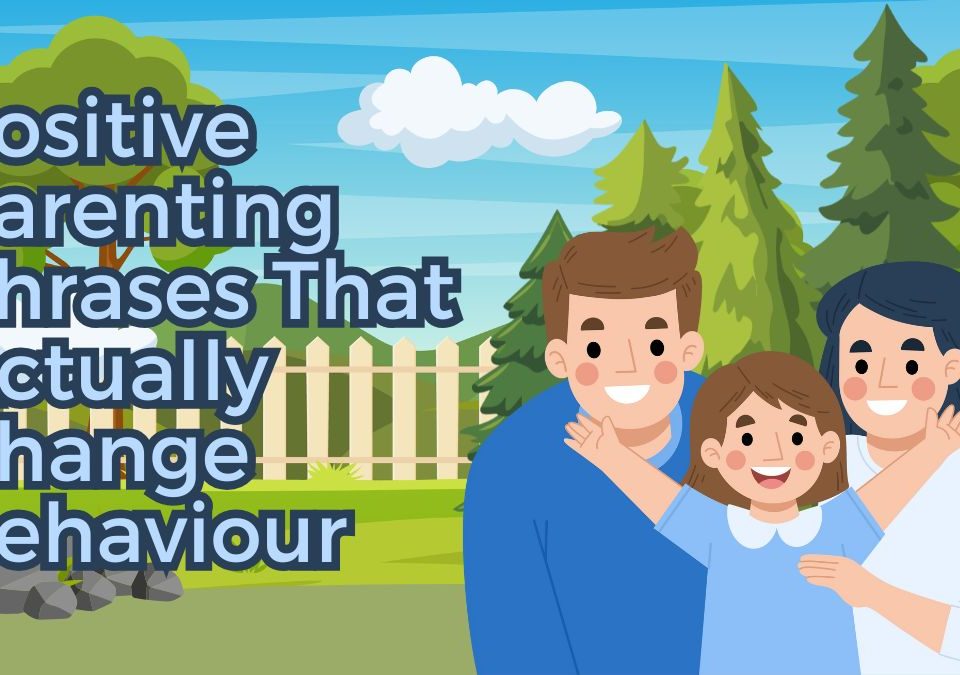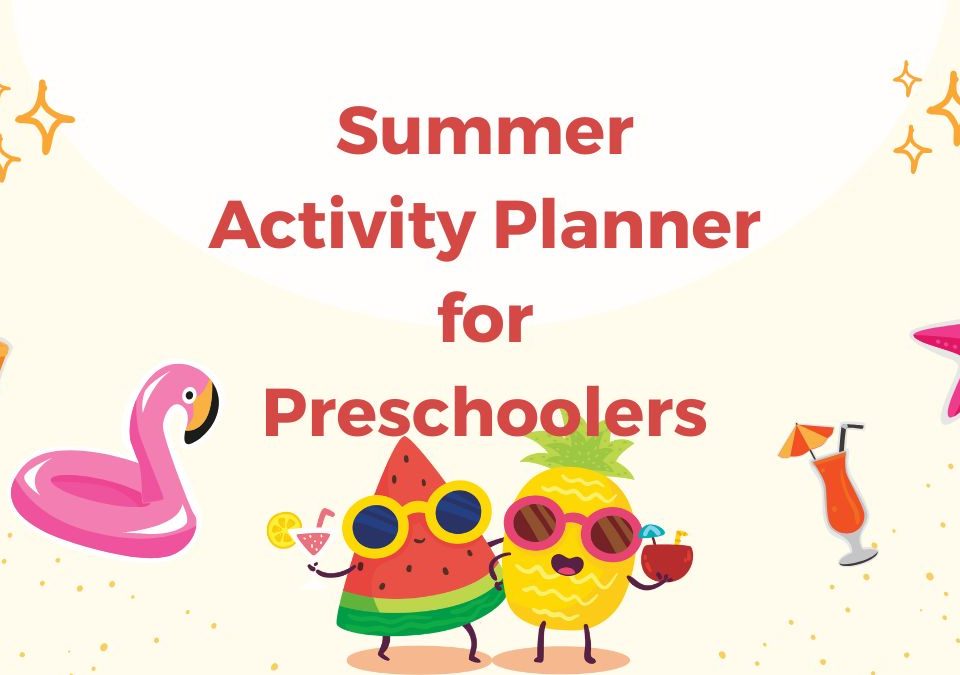
10 Positive Parenting Phrases That Actually Change Behaviour

Table of Contents
How to Teach Respect to Children: Practical Tips for Parents of Toddlers, Tweens, and Teens
Respect is one of the most important qualities we want to nurture in our children. But respect can’t be demanded simply because we are adults—it must be earned through the way we treat others, including our kids.
To raise respectful children, parents must model respect consistently and adapt their approach as kids grow. Here’s how to foster respect at each developmental stage, with clear, actionable steps.
Respect is a mutual recognition of value and dignity between people. It’s not an automatic right based solely on age, position, or authority—especially in relationships with children. Instead, respect must be earned through consistent actions that demonstrate fairness, kindness, and understanding.
When respect is demanded without being earned, it often leads to resistance, rebellion, or superficial compliance. Children, like adults, respond to how they are treated: if they feel listened to, valued, and treated fairly, they are more likely to show genuine respect in return. This means modelling respectful behaviour—using polite language, acknowledging feelings, setting boundaries with kindness, being honest, not lying, and admitting mistakes—rather than expecting respect simply because you are “the adult” or “the parent.”
Respect between husband and wife sets a vital example for children, shaping how they understand relationships and how to treat others. When parents treat each other with kindness, consideration, and mutual value, they model the foundation of healthy, balanced partnerships.
Children learn that respect isn’t about control or power but about recognising each other’s worth and contributions. They see how listening, honest communication, and honouring boundaries create trust and emotional connection. This modelling teaches kids how to manage disagreements without belittling or dismissing others.
When respect is earned and reciprocated between parents, it builds a positive family atmosphere and guides children to form respectful relationships themselves. Conversely, if respect is lacking, children may internalise unhealthy patterns, increasing the risk of conflict and misunderstanding in their relationships. In this way, parental respect isn’t just about the couple—it’s a living lesson that influences the next generation’s approach to relationships.
In essence, respect is a relationship, built over time through trust and positive interactions, not a one-way expectation imposed by authority.
Teaching Respect to Toddlers: Building the Foundation
Toddlers are learning about social interactions by observing and imitating. The way we speak and respond to them shapes their understanding of respect.
How to earn toddler respect:
-
Model respectful language: Use kind, clear communication. Saying “please” and “thank you” teaches polite expressions.
-
Validate emotions: Acknowledge their feelings instead of dismissing tantrums or upset moments.
-
Set boundaries kindly: Use respectful but firm limits that honour their growing independence.
Practical tip: When sharing is difficult, model turn-taking: “It’s Emily’s turn now, then yours.” This teaches patience and fairness without demanding.
Teaching Respect to Tweens: Encouraging Mutual Understanding
Tweens seek independence and often question authority. This is the moment to reinforce respect as a two-way street.
How to earn tween respect:
-
Listen actively: Value their opinions and engage in open conversations instead of shutting down disagreements.
-
Maintain consistent boundaries: Fair, predictable rules build respect for structure.
-
Own mistakes: Apologise when appropriate to model accountability and humility.
Practical tip: Instead of “Because I said so,” explain your reasoning: “I need you to put your phone away to get enough sleep for your health.” This builds cooperation through understanding.
Teaching Respect to Teens: Respecting Their Independence
Teens want autonomy, and respect becomes a negotiation, not a demand.
How to earn teen respect:
-
Give responsibility: Allow decision-making and learning from consequences to foster trust.
-
Respect privacy: Avoid prying, but create a safe space for them to share voluntarily.
-
Stay calm during conflicts: Model emotional control to encourage mature communication.
Practical tip: Replace “Don’t talk to me like that” with “I want to listen, but we need to speak respectfully.” This keeps dialogue open without enabling disrespect.
7 Important Influences of Family on Young Children
Here are practical tips for earning respect from your children:
-
Model Respectful Behaviour
Speak kindly, listen actively, and show empathy. Children mirror what they observe. -
Set Clear Boundaries with Consistency
Establish rules calmly and enforce them fairly. Predictable boundaries build trust and respect. -
Acknowledge Their Feelings
Validate emotions without judgment. This shows you value their experience and fosters mutual respect. -
Communicate Clearly and Calmly
Explain your decisions and expectations rather than issuing demands. Transparency encourages cooperation. -
Admit Mistakes and Apologise
Demonstrate accountability. Owning up to errors teaches humility and earns respect. -
Encourage Independence and Responsibility
Give age-appropriate choices and let them experience natural consequences. Respect grows when children feel trusted. -
Be Consistent but Flexible
Stick to principles but adapt when reasonable. Flexibility shows respect for their individuality. -
Praise Effort and Character, Not Just Outcomes
Focus on their positive behaviour and effort, reinforcing what you value.
Implementing these approaches helps create a respectful relationship grounded in mutual understanding rather than authority alone.
Final Thoughts: Respect is a Two-Way Relationship
Respect isn’t about authority or control—it’s about how we treat each other daily. Demanding respect without modelling it leads to resistance. By showing patience, dignity, and fairness, parents lay the groundwork for children to develop respectful behaviour naturally.
Raising respectful kids begins with being a respectful parent. What strategies have helped you build respect in your family?

I am a preschool and primary school teacher and mum to 3 children. I have been involved in education since 1997 and have trained in a variety of educational specialist areas. It is with this expertise that I write articles to help parents and educators provide quality learning experiences for the children in their care.




